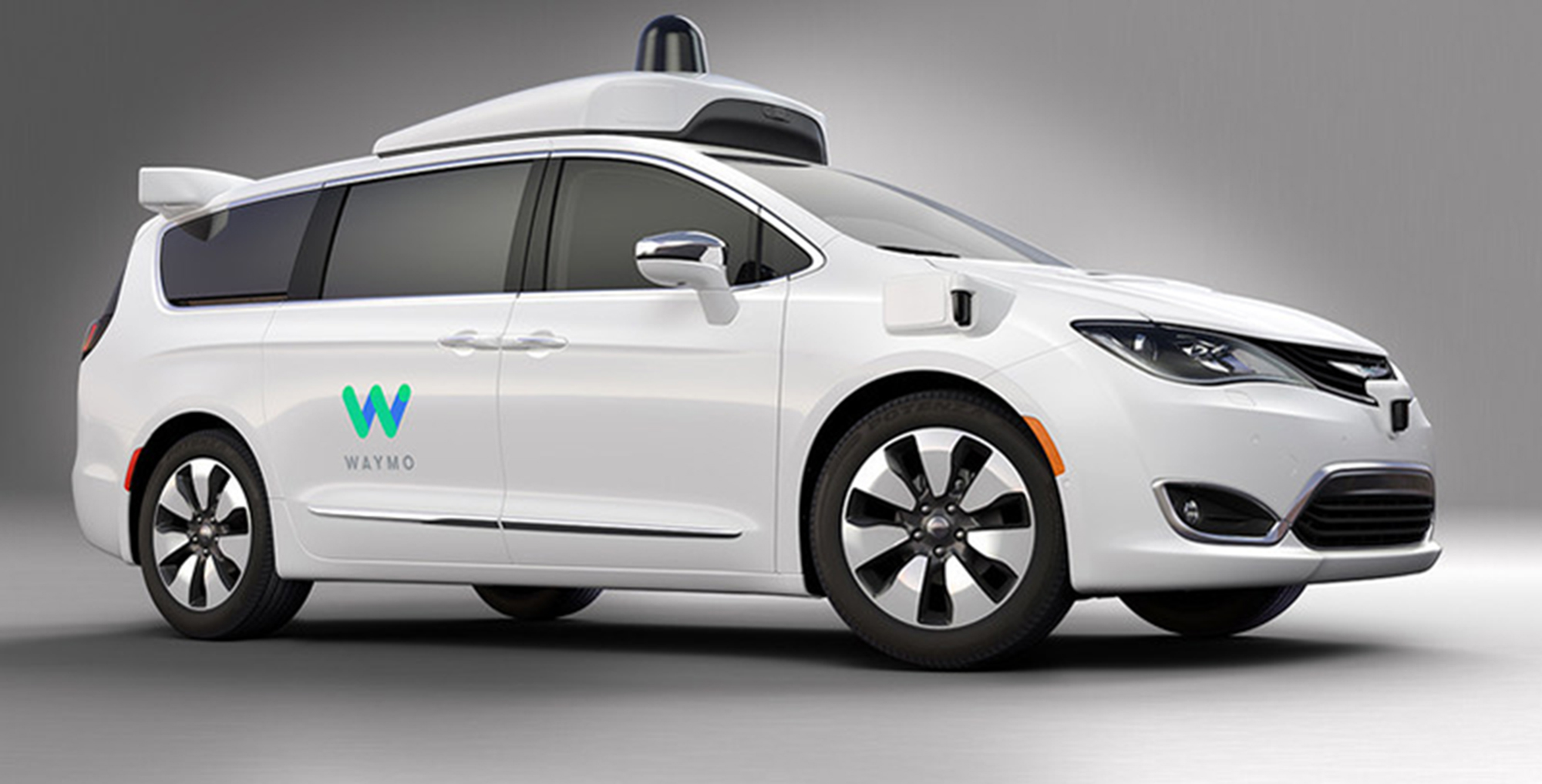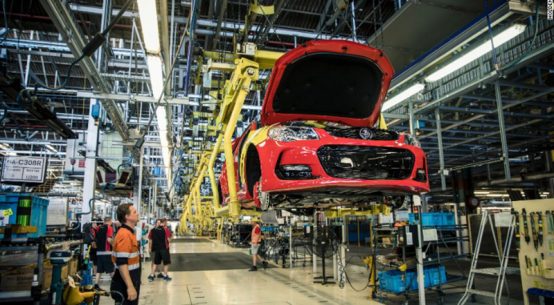
Chrysler Pacifica Hybrid minivan, equipped with Waymo’s self-driving technology. Source: Fiat Chrysler Automobiles
- Waymo CEO predicts Self-Driving Trucks May Come Before Taxi Service
-
Alphabet arm exploring “goods transportation” and ride-hailing
-
Krafcik says Ford and GM could still partner with Waymo
Bloomberg – Alphabet Inc.’s driverless vehicle technology may come to market first in trucks, rather than as an autonomous ride-sharing service.
“Ride-sharing makes a lot of sense for the world,” he said at Bloomberg’s Sooner Than You Think conference on Cornell University’s Tech engineering campus in New York City. “For goods transportation, which could travel primarily on highways, there’s a good and compelling use-case there, too. Either of those two might be the first ones you see.”
Krafcik has noted the company is looking at logistics and delivery models, but he has not shared details on its plans for a trucking or goods transit service. Waymo has confirmed that it owns one truck it is testing with self-driving software and sensors.
To get more partners, Krafcik is pitching automakers on a radical new per-mile business model: They can make more money providing a mobility service over the lifetime of their vehicles, rather than one time up front when they sell cars and trucks.
Detroit’s giants, Ford Motor Co. and General Motors Co., have spent hundreds of millions of dollars on their own autonomous technology and programs, and so far have been cautious about teaming up with Waymo.
Krafcik said these efforts were “examples of experimentation and learning,” not a sign of resistance to Waymo’s overtures. He equated them with the practice at Boeing Co. and other airline companies, which hire jet engine specialists. They don’t manufacture the engines, but their engineers help source them. “That helps them be a very smart purchaser,” he said.
Would GM and Ford eventually ink deals with Waymo? “Someday,” Krafcik said. “It’s possible.”








